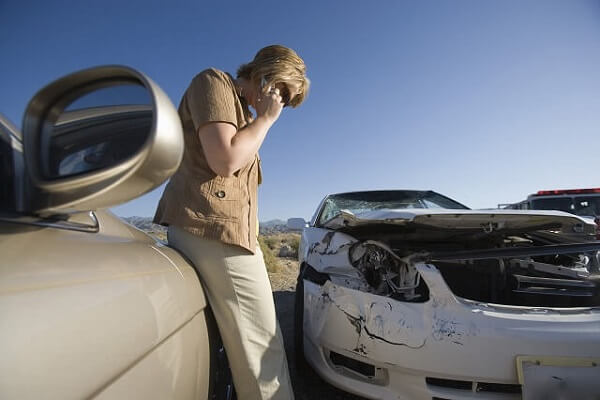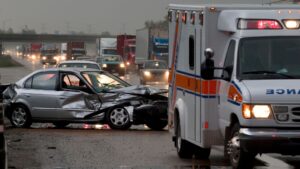
Do you know what you should or shouldn’t do after an accident? Injury Attorneys Explain What to do Following an Accident on Washington Roads
When plaintiffs attempt to handle their own accident cases, it is common for them to fail to collect the full amount of compensation that they are entitled to. A plaintiff could make critical errors during the first start of the case, which could prevent him or her from getting any form of monetary settlement.
As the victim, you have rights. However, you must act appropriately to protect those rights. Therefore, make sure you are not committing one of these common errors made immediately after an accident.
Three Errors for Accident Victims to Avoid at All Costs
1. Not Getting Enough Information at the Scene of the Accident
One of the more common mistakes is not getting sufficient information at the scene. However, the accident scene is chaotic; therefore, it is entirely understandable that a person may not be able to gather all the information necessary. At other times, a plaintiff’s injuries might be too severe to allow him or her to gather anything.
Regardless, if you can collect evidence and information, there are a few things to make sure you get while at the scene. These include:
- Writing down the names of witnesses and their contact information.
- Insurance details of the other party involved.
- Contact numbers of the other party.
- Details about the accident scene that may not be recorded in the police report.
2. Talking Too Much
Accidents are stressful; therefore, it is common in the chaos and stress for someone to talk more than he or she should. You should not withhold information, but you should also be cautious about what you disclose. Simply apologizing could be considered an admittance of guilt, even if you were only apologizing to be kind.
With emotions running high, you might also be quick to point the blame or become aggressive if the other driver tries to say it was your fault. Remember, anything you say could be used later in court if you are attempting to get compensation in the accident. Therefore, stay calm, be cautious, and only give the information necessary.
3. Failing to Get Medical Attention
The adrenaline from the crash may make you assume that you are fine and have no injuries. However, a few days later, soft tissues injuries may appear. You could have chronic migraines, stiffness in the neck, insomnia, and other symptoms.
Waiting to address your injuries can allow them to become worse, but can also be used against you later. When you claim catastrophic injuries, you must exhibit the same behavior that a person with severe injuries would. That means seeking medical treatment and then undergoing all follow-up appointments or recommended treatments. If you disagree with a physician’s treatment plan, you can get a second opinion. However, do not ignore treatment plans or skip appointments. Any evidence suggesting that you do not require treatment immediately may limit how much compensation you receive.
The Biggest Mistake: Not Contacting an Injury Attorney
While no one intends to sue for compensation, accident injuries add up quickly. From the medical costs to the time away from work to the property damage, you will notice that your costs skyrocket. If you are involved in an accident that was caused by someone’s negligence, you may be entitled to compensation.
Contact the car accident and personal injury attorneys at Brett McCandlis Brown & Conner, PLLC today to explore your options for compensation. We offer free initial consultations, and there is no obligation to meet with us, so schedule your appointment now by calling us at 800-925-1875 or contact us online.


